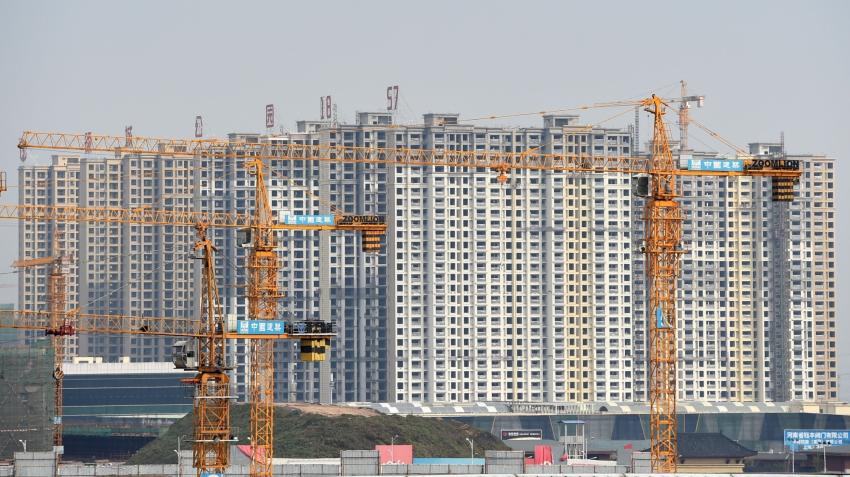Self-redevelopment: A new beginning for old Societies
Share Self-redevelopment: A new beginning for old Societies
There are thousands of old societies across India that have been facing a host of challenges such as water leakage, cracks in beams and walls and fragile floors among others. A number of these, which were built over three to four decades ago are especially found in cities such as Mumbai and Delhi, and require immediate attention having basically crossed their lifespan.
This has led to a growing need for redevelopment. Redevelopment, essentially is the process wherein a society seeks the aid of a real estate developer, who assumes the responsibility of razing the construction to ground and reconstructing a new building. In the process of reconstructing the building, more often than not, there will be an increase in the number of apartments or area of the same because of the additional FSI benefits provided by the government. The house owner stands to gain from this in the form of extra square feet space. The developer in-turn, reaps his profit by selling the increased area via the construction of additional residential and commercial space.
However, while this is an ideal scenario, redevelopment, despite being a popular method, has posed its fair share of challenges to residences due to the high level of dependency on the developer. Perhaps the greatest problem intrinsic to the idea of hiring a third party developer, is of course, a conflict of interests between the society and developer, both of whom are looking to maximise their own gains. Then there’s the problem of a lack of transparency, which stems from the fact that many developers tend to keep their operations private i.e. a secret, in order to protect themselves and their knowledge from competitors. The self-redevelopment model eliminates both these scenarios because the society is redeveloping itself and the developer is merely an agent as opposed to a partner.
With such unfortunate experiences faced by a lot of societies, most of them are sceptical about redevelopment and thus, remain hesitant to adopt this approach. Fortunately, this is where the lesser known, but gradually evolving concept of self-redevelopment saves the day by curbing issues faced while involving developers.
As part of self-redevelopment, society members take onus of the process, right from the conception to the construction process by hiring architects, contractors and project management consultants, with zero dependency on an external developer. This trend has been gaining popularity amidst societies, especially in Mumbai where members have been seeking help from banks in the form of substantial loans for its execution. It is also gradually making its way into other cities across the country. The prime advantage of this model is that the society has control over the entire project, which leads to its assured completion.
The government has been extremely supportive of the concept as it launched the self-redevelopment scheme 2018 on January 9, 2018 wherein, to accelerate the self-redevelopment process, the Maharashtra Housing and Development Authority (MHADA) is giving a massive push by providing a single window system in order to secure the required permissions promptly.
The Mumbai District Central Cooperative Bank (MDCCB) has already sanctioned crores worth of loans so far to provide financial support to develop old housing colonies wherein society members can come ahead and take charge of the entire redevelopment process themselves.
However, being a DIY sort of a model that housing societies across the country are still familiarising themselves with, issues such as delays, funds’ mismanagement, changing plans, and keeping a tab of changing government norms among others are commonly faced by these societies. For this reason, a more holistic, risk free and reliable approach is provided by companies that guide societies that are looking for self-redevelopment.
These organisations provide complete clarity of the process, encourage societies for the execution and handhold them through the entire process while managing the project via a systems approach. They ensure the arrangement of finances, oversee the adherence to norms including RERA and GST, looking after securing necessary permissions, and construction among others. They make the whole process transparent and risk mitigated by taking complete onus and putting organised steps into place, to ensure an on-time handover of the house to the respective resident.
With years of expertise, a robust model in effect and a prompt and efficient team are committed to provide a new beginning to old societies, thereby bettering the life of their inhabitants.
Request a Call Back

